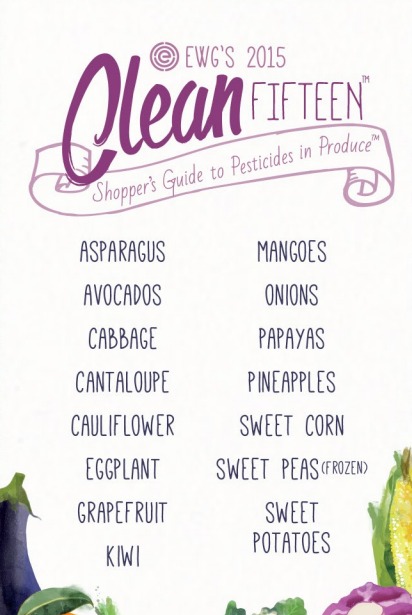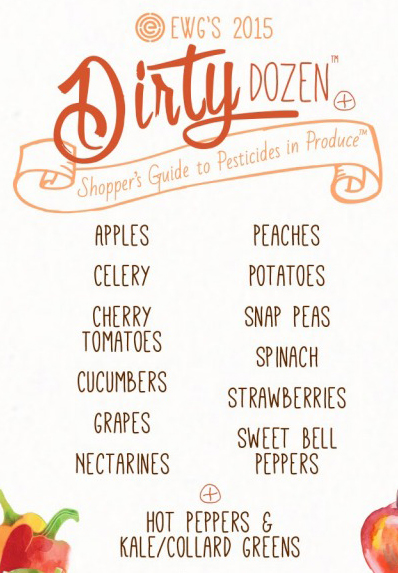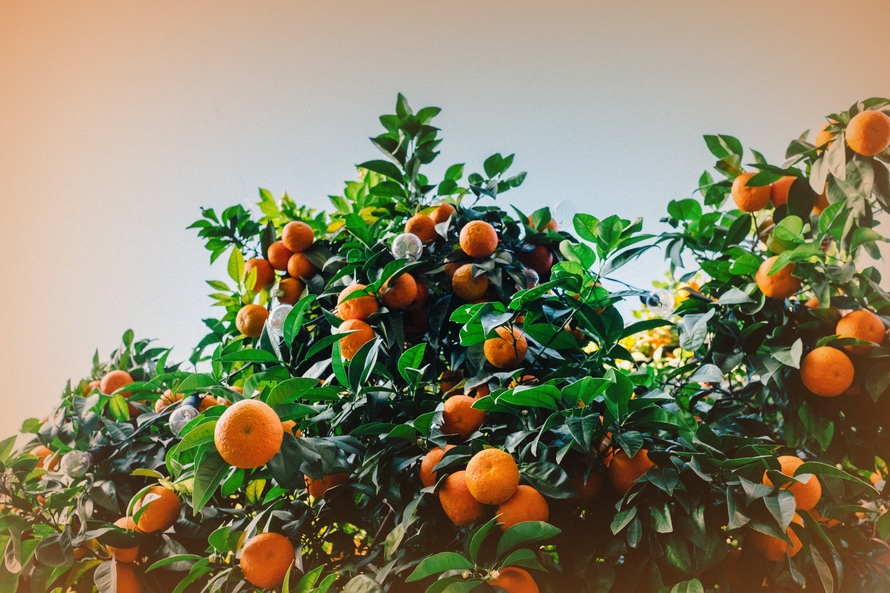A scientific paper published in the British Journal of Nutrition shows that there are significant composition differences between organic and conventional crops (primarily vegetables, fruit and cereals) that are relevant in terms of nutritional quality.
It is the most up-to-date analysis of the nutrient content in organic compared to conventionally produced foods, synthesising the results of many more studies than previous analyses. The findings are the result of a ground-breaking new systematic literature review and meta-analysis by an international team of scientists led by experts at Newcastle University.
The entire database generated and used for this analysis is freely available on the Newcastle University website.
The main findings of this study were:
More Antioxidants/(Poly)phenolics
Organic crops are up to 69% higher in a number of key antioxidants than conventionally-grown crops. Numerous studies have linked antioxidants to a reduced risk of chronic diseases, including cardiovascular and neurodegenerative diseases and certain cancers
Less Toxic Metals and Nitrogen
Significantly lower levels of toxic heavy metals in organic crops.
Cadmium, which is one of only three metal contaminants along with lead and mercury for which the European Commission has set maximum permitted contamination levels in food, was found to be almost 50% lower in organic crops than those conventionally-grown.
Less Pesticide Residues
Conventionally grown fruit had by far the highest frequency of pesticide residues, about seven times higher than in organic fruit. In conventional vegetables and crop-based processed foods the frequency of pesticide residues was three to four times higher than in organic.
Prof Leifert also added: “This study should just be a starting point. We have shown without doubt there are composition differences between organic and conventional crops, and now there is an urgent need to carry out well-controlled human dietary intervention and cohort studies specifically designed to identify and quantify the health impacts of switching to organic food.”
What is evident from these types of studies is that fresh is always best. It is difficult to know where your food is coming from and what nasty chemicals it is exposed to. This is not always the easiest information to source! Where possible shop organically and locally to ensure you are getting exactly the right nutrient, minus the chemicals!
If you cannot afford organic produce, what are the best options to have and steer clear of?


Source: EWG’s 2015 Shopper’s Guide to Pesticides in Produce™
By Alex Hills
Alex has been a qualified naturopath and in the natural medicine field for over a decade. During this time has had the opportunity to experience almost every aspect of the industry. She has been in clinical practice, vitamins manager at a pharmacy, marketing coordinator for an organic skin care company as well as training other practitioner in an area manager role.
Alex now works full time at Research Nutrition’s Brisbane head office as the Sales and Marketing Coordinator to satisfy her inner tech-nerd and passion for educating both customers and patients in a fun and informative way!








Leave a Reply
Want to join the discussion?Feel free to contribute!